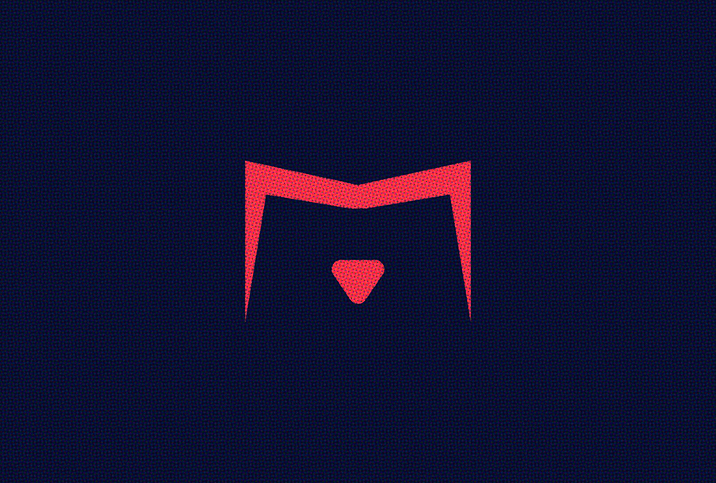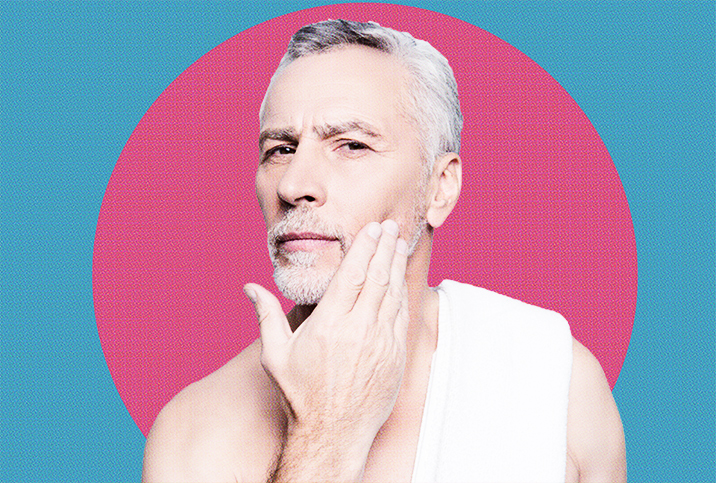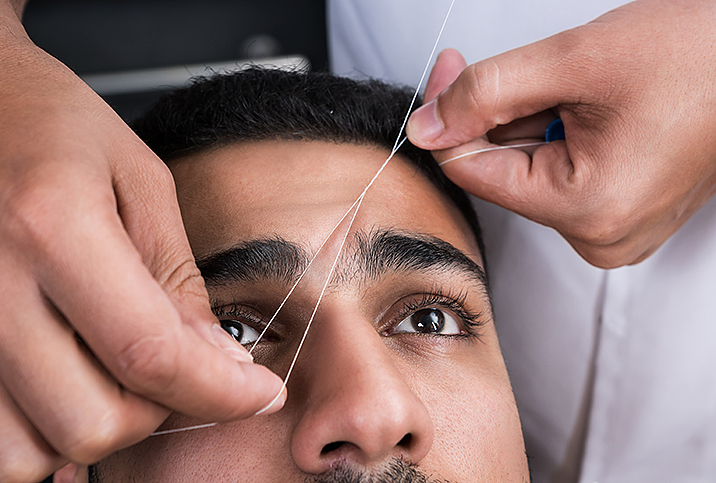The Subconscious Stereotypes of Facial Hair

The decision of whether to shave or not leaves many men wondering how a beard or mustache will affect their daily lives. The available research has a lot to say about society's perceptions of men with facial hair. Beard and mustache stereotypes definitely exist.
Why politicians typically lack facial hair
If you look back at modern American history, you'll notice a common characteristic among most politicians: a lack of facial hair. Given the significant influence that personal branding and image have on political candidates, it's safe to assume there's a reason behind the widespread decision to shave.
It turns out male politicians may be shaving off facial hair to win more female votes. When asked to make assumptions about the political beliefs of men with or without facial hair, women tend to assume that clean-shaven candidates are more inclined to support feminist initiatives. Beards are often perceived as hyper-masculine and dominant, and don't scream "team player."
Bearded character traits
A study from the University of Hertfordshire suggested that bearded men are seen as 51 percent less cheerful, 38 percent less generous and 36 percent less caring than clean-shaven men. Facial hair is viewed as a sign of higher testosterone levels and aggression.
In another study, researchers asked participants to review photos of different men and discern which photos were plaintiffs in a head injury case or on trial for rape. A shocking 78 percent of participants pointed to bearded men for the rape offense. Similarly, 82 percent of study participants drew a face with a beard when asked to sketch what a criminal looks like. Stereotypes are alive and well.
It's not all bad news for beards, though. For instance, a doctor or professor with a beard may seem older or more capable in their profession. Bearded men are more likely to be assumed to be mature, fatherly and competent. Children often draw men with beards when tasked with depicting scientists.
How facial hair impacts attractiveness
While it's intriguing to read studies on facial hair, isolated data only goes so far. Each person is unique, with a multitude of synergistic factors that make up their aura or vibe. Physical characteristics, such as body build, hair color, skin color, facial structure and age, tell part of the story. The clothes someone wears, the way they walk, the sound of their voice, their facial expressions and demeanor also play a significant role in how they come across in different settings.
It should come as no surprise that studies on facial hair and attractiveness often come up with mixed results. A clean-shaven face can be seen as younger and more friendly, while facial hair exudes more dominant or masculine characteristics. Personal preferences determine whether someone considers a partner with facial hair to be more compatible or appealing.
Because trends change for different cultures or eras, there is also a novelty factor that contributes to perceived attractiveness. Some studies indicate men with facial hair are rated as more attractive when presented in a group of mostly clean-shaven men. As the ratio of men with beards increased, attractiveness ratings dwindled. It seems that merely standing out from the crowd can boost attractiveness in its own right.
Ultimately, you should base your facial hair decisions on which styles make you feel most confident, not on mustache stereotypes. Be comfortable in your own skin and pick a style that reflects your true self to create an air of self-assuredness that stands to benefit you in any situation, from a date to a job interview, and possibly even when running for office.


















